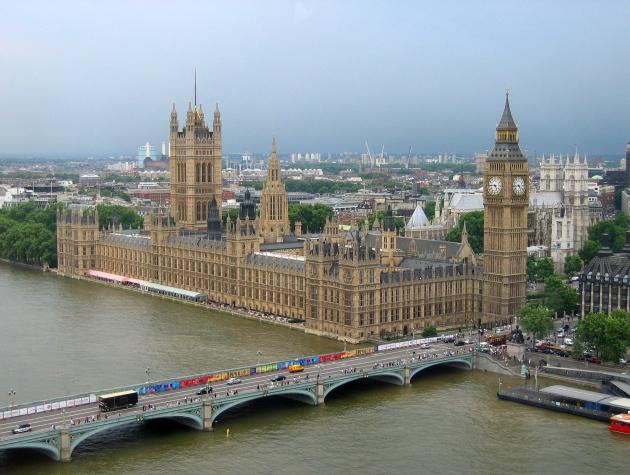The Politics of Global Regulation (2009), Princeton University Press
Full Title: The Politics of Global Regulation
Authors: Ngaire Woods and Walter Mattli
Type: Book
Absract
GEG Director Ngaire Woods and Walter Mattli bring together leading experts to explain regulatory outcomes at the global level and understand when and how global regulation falls prey to regulatory capture.
Regulation by public and private organizations can be hijacked by special interests or small groups of powerful firms, and nowhere is this easier than at the global level. In whose interest is the global economy being regulated? Under what conditions can global regulation be made to serve broader interests? This is the first book to examine systematically how and why such hijacking or "regulatory capture" happens, and how it can be averted.
Walter Mattli and Ngaire Woods bring together leading experts to present an analytical framework to explain regulatory outcomes at the global level and offer a series of case studies that illustrate the challenges of a global economy in which many institutions are less transparent and are held much less accountable by the media and public officials than are domestic institutions. They explain when and how global regulation falls prey to regulatory capture, yet also shed light on the positive regulatory changes that have occurred in areas including human rights, shipping safety, and global finance. This book is a wake-up call to proponents of network governance, self-regulation, and the view that technocrats should be left to regulate with as little oversight as possible.
In addition to the editors, the contributors are Kenneth W. Abbott, Samuel Barrows, Judith L. Goldstein, Eric Helleiner, Miles Kahler, David A. Lake, Kathryn Sikkink, Duncan Snidal, Richard H. Steinberg, and David Vogel.
Author Bios
Professor Ngaire Woods is the inaugural Dean of the Blavatnik School of Government and Professor of International Political Economy. Her research focuses on global economic governance, the challenges of globalization, global development, and the role of international institutions. She founded and is the Director of the Global Economic Governance Programme. She is co-founder (with Robert O. Keohane) of the Oxford-Princeton Global Leaders Fellowship programme. She lead the creation of the Blavatnik School of Government at Oxford University and, before her appointment as Dean, served as the School’s Academic Director.
For more information about Professor Woods, please see her people page
Professor Walter Mattli is the Fellow in Politics at St. John's College and Professor of International Political Economy in the Department of Politics and International Relations at Oxford University. He received his undergraduate degree from the University of Geneva and his Ph.D. from the University of Chicago.
For more information about Professor Mattli, please see his people page
Reviews
"The Politics of Global Regulation makes a significant contribution to this field of research, focusing on global regulatory changes in different policy areas. . . . The book provides a well-structured and coherent set of contributions that focus on the difficulties faced by supranational regimes in avoiding regulatory capture at the global level." - Jacint Jordana, Governance
"This impressive new volume demonstrates some of the best new thinking on global regulation and the ways in which the context and process of policy making affect the rules, standards and institutions that increasingly govern people's lives. Walter Mattli and Ngaire Woods provide the analytical centrepiece of the volume, which seeks to explain which interests are likely to be represented in global regulation. . . . Thanks to this impressive volume, future work in this area will no doubt have a richer analytical grounding than before." - Kevin Young, Global Policy
"The recent global financial crisis and recession have forced the issue of financial regulation to the top of the international political agenda. The current economic difficulties may provide the world with a one-in-a generation opportunity to formulate a set of constructive rules for the century's economy. The book deals with the general issue of how regulatory regimes are created and evolve. . . . What a joy to find an edited volume in which the constituent chapters actually fit together in a coherent whole. . . . All of the chapters refer back to the basic constructs presented in the opening theoretical piece--a rarity in this kind of work. The book is thus highly recommended to both experts in the field and neophytes." - Joel Campbell, International Affairs
"[This book] . . . is likely to make a significant impact on the field of international political economy." - Tim Dunne, Times Higher Education







